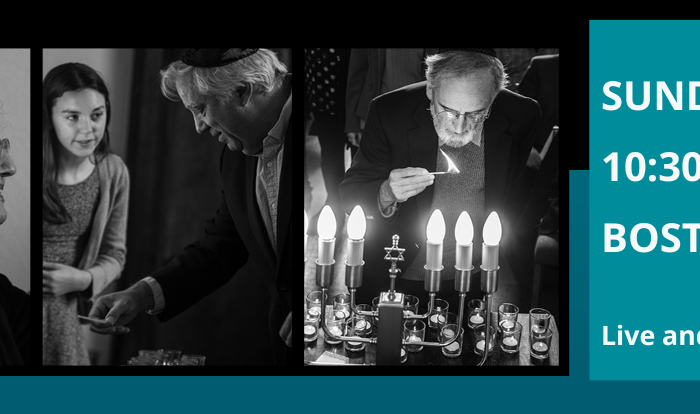I need to tell you that I’m angry as I write this.
By now you’ve probably heard the news that the United Church of Christ (UCC) voted on Tuesday at their national synod to divest from companies that “profit from the occupation of the Palestinian territories by the state of Israel.” In the same vote, they called to boycott goods produced in Israeli settlements.
Allow me to say upfront that we recognize some nuance in these actions. Within our community of Jews who care about the existence of a secure Jewish state and reject the Boycott/Divestment/Sanctions (BDS) movement, there are some who will not buy products from settlements. Within the Israeli people there is a vigorous debate on this matter as well; and, amongst Israelis there are large numbers who seek to end the current relationship of control over Palestinians, while also understanding and supporting Israel’s urgent security needs against terrorist organizations like Hamas in these areas.
Nuance, complexity, multifaceted geo-political challenges. All of these are present in our conversation about Israel and the Palestinians. All of these are absent from the UCC’s action.
I’m angry about the growing propensity of some communities to understand the world in simplistic and unhelpful ways. For them, all challenges are to be understood in black and white, all conflicts require a narrative of good versus evil. They can make no acknowledgment of any Palestinian role as an obstacle for peace. They can give no recognition that despite our pain at this conflict, there are also larger regional and existential threats to Israel’s existence which inform these issues.
An un-nuanced world view, and the simplistic actions that come with it, do more harm than good. As our own national network, the JCPA, put it yesterday, we need to “reject this divisive move in favor of a more constructive path that supports peace and reconciliation through a negotiated two-state solution, and rejects delegitimization and divestment.”
I’m also angered by the choice of the UCC to say – as they do in the resolution – that they have support from the Jewish community for this action. I often say that it is not my place to determine who are the legitimate leaders and authentic voices of Boston’s other faith communities. It is no more the UCC’s place to determine that the single, small and marginal Jewish group standing with them lends their actions legitimacy by representing our people. I would have more respect for the UCC if they openly acknowledged that this action has the potential to create a breach with the vast mainstream of the Jewish American community who support the existence of a Jewish state, who want a two-state resolution, and who oppose BDS.
More galling even is that some stood up in synod to urge both support for this action and a renewal of interfaith efforts and outreach to rabbis. One cannot have it both ways, to slap us in the face and in the same breath yearn for authentic relationship with us. In the wake of this action, there will rightly be, as the Reform rabbis said in their statement yesterday, a re-evaluation of long standing relationships with UCC congregations.
Let us acknowledge that we, supporters of a secure Jewish state along with the establishment a Palestinian state, have our own reflecting to do in the wake of this and other recent actions by Christian communities. As JCPA put it, “neither side is blameless in the conflict.” There is certainly more that the Israeli government can do, not to end the conflict on their own, but to at least avoid placing new obstacles in the way of a resolution in the future. Some in our own community here in Boston believe that we should do more in public to urge Israel’s government in this direction. Many supporters of Israel amongst progressive Christians tell us that more of this discourse in public might help them to beat back the delegitimizers who are making inroads in their conferences. That’s something we need to discuss and consider as we reevaluate our strategies going forward.
Allow me to conclude by expressing my gratitude to our local UCC partners – who reached out immediately to express their pain over this action and to clarify that this does not speak for the many in their church who are troubled by it. These are people who courageously resist the simplistic and false solutions – instead wrestling with the complex realities on the ground – and who open themselves up to learn about Israel by traveling there with JCRC. I am grateful to them and our other Christian partners who, with open hearts and minds, join us on our trips – including those frustrated by the one dimensional and oversimplified narrative they are exposed to when they travel with their own denominations, and who come seeking to understand the rest of the story.
These are hard and challenging times. They require authentic relationships and a willingness to sit with complexity. Together we have to create a responsible and sensible center in the midst of the fractured reality.
So, yes, I am angry right now, but I am also hopeful because of our relationships with our local partners.
Shabbat Shalom,
Jeremy




